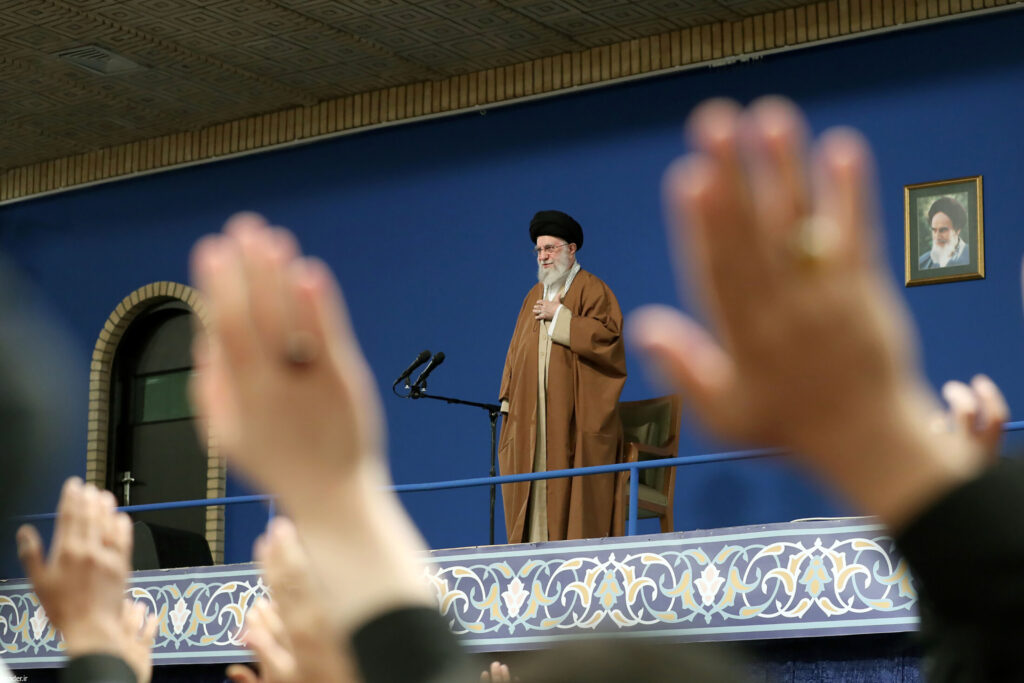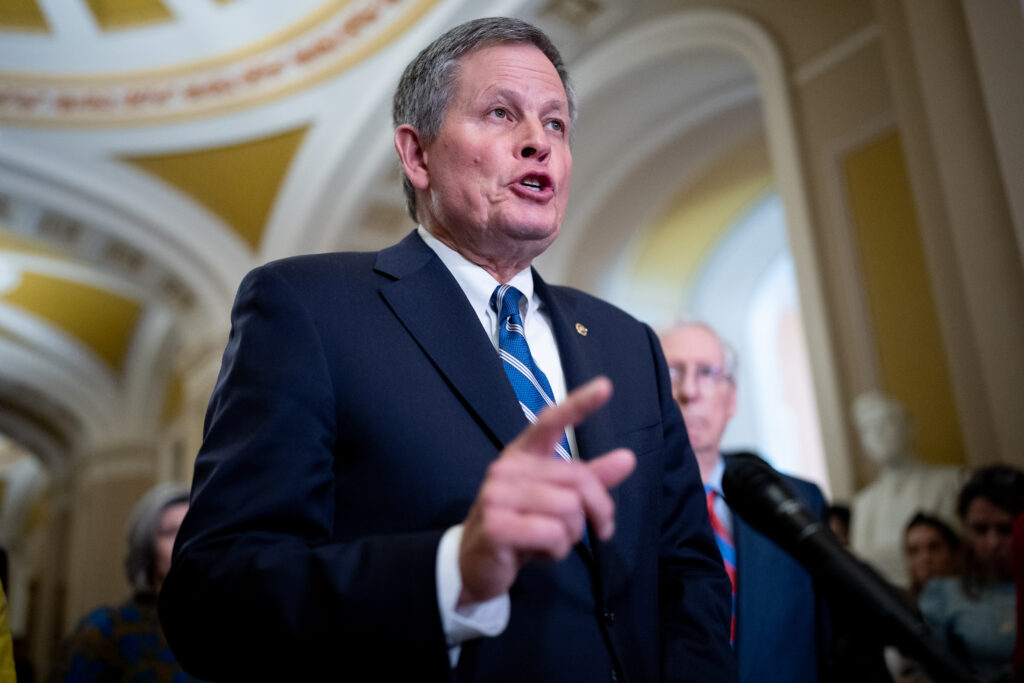AFP Asia Business
Iran’s Khamenei says US threats ‘will get them nowhere’
Iran’s supreme leader said on Friday that US threats against his country “will get them nowhere”, after President Donald Trump warned of possible military action against the Islamic republic.”The Americans should know threats will get them nowhere when confronting Iran,” Ayatollah Ali Khamenei said in his live annual televised speech marking Nowruz, the Persian New Year.He said Americans “and others should know that if they do anything malign to the Iranian nation, they will get a hard slap”.On March 7, Trump said he had written to Khamenei, urging negotiations with Tehran over its nuclear programme and warning of potential military action if it refuses.On Thursday, Foreign Minister Abbas Araghchi said the letter was “more of a threat”, but also said it appeared to offer opportunities.Araghchi added that Tehran is weighing its response which will be issued in the coming days.On Wednesday, US news website Axios, citing a US official and other sources, reported that Trump’s letter set a “two-month deadline for reaching a new nuclear deal”.It did not specify a start or end date of the two-month period.Khamenei has previously dismissed Trump’s overtures for talks, accusing the US president of attempting to deceive global public opinion by portraying the United States as willing to negotiate and Iran as unwilling to engage.Trump, who began his second term in January, has reinstated his policy of “maximum pressure” against Tehran.During his first term, he unilaterally withdrew the United States in 2018 from the landmark nuclear deal between Iran and world powers and reimposed sweeping economic sanctions on Tehran.Iran initially adhered to the deal for a year after Trump’s withdrawal but then started scaling back its own commitments, increasing uranium enrichment levels up to 60 percent. The current level far exceeds the 3.67 percent limit set under the deal, and is much closer to the 90 percent threshold required for weapons-grade material.Efforts to revive the nuclear deal have so far failed.Tehran accuses Trump of contradictory approaches, and has repeatedly ruled out direct talks with Washington under pressure.Iran “definitely will not negotiate directly while facing pressure, threats, and increased sanctions,” Araghchi said on Thursday.
China says it ‘welcomes’ visit by pro-Trump senator
China said on Friday it welcomed a visit to Beijing by Republican US Senator Steve Daines, who has vowed to raise trade tensions and fentanyl smuggling with officials this week.Daines, a strong supporter of US President Donald Trump, has extensive business experience in China and Hong Kong.”China welcomes Senator Daines’s visit and it also welcomes …
China says it ‘welcomes’ visit by pro-Trump senator Read More »
Court rules against K-pop group NewJeans in contract dispute
A South Korean court on Friday ruled against popular K-pop girl group NewJeans, which had sought to sever ties with their label ADOR over what they called “mistreatment” by the company. The group made headlines in November by announcing their decision to leave ADOR, whose parent company HYBE is behind K-pop sensation BTS.The label later filed …
Court rules against K-pop group NewJeans in contract dispute Read More »



